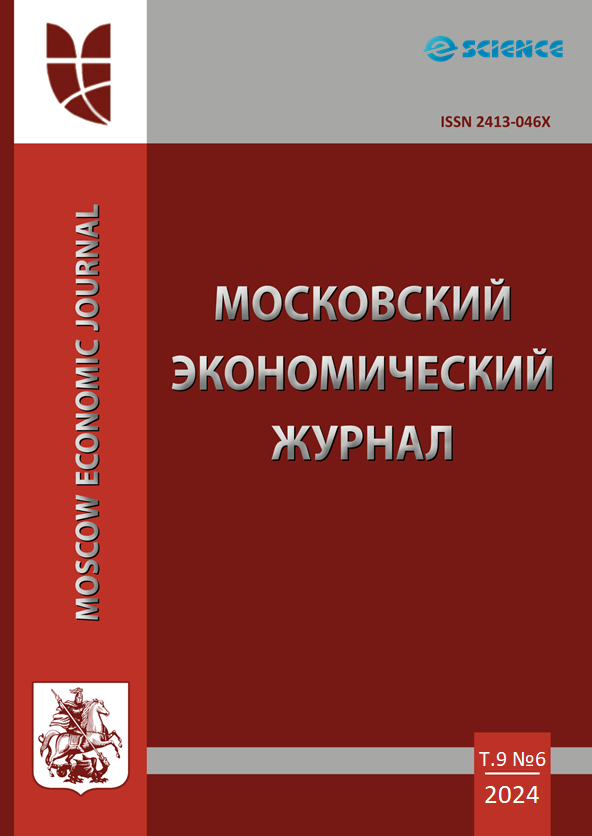UDC 338.001.36
The implementation of automation processes for software products in the medical field can significantly improve the quality and efficiency of provided services. This is particularly relevant when introducing updated and enhanced technologies. These technologies not only accelerate processes but also considerably enhance the accuracy of diagnostics and the selection of precise, patient-specific treatments. However, to objectively assess the efficiency of their implementation, a comprehensive approach that includes various evaluation methods is necessary. Let us examine the main methods on the example of one genetic test that involves regular biopsies and analyses over at least a year after surgery. This test encompasses multiple stages, and conducting a complete analysis takes a considerable amount of time. However, in evaluating efficiency, we will focus only on those stages where automation of software products has been implemented.
genetic tests, automation, medicine, software, calculations, performance indicators
1. Teng, M. W., Galon, J., Fridman, W. H., Smyth, M. J. (2015). From mice to humans: developments in cancer immunoediting. Journal of Clinical Investigation, 125(9), 3338-3346.
2. Phillips, K. A., Deverka, P. A., Hooker, G. W., Douglas, M. P. (2018). Genetic Test Availability and Spending: Where Are We Now? Where Are We Going? Health Affairs, 37(5), 710-716.
3. Koopman, B., van Straten, B., Hiemstra, P. S., Kerkhoffs, G. M. (2019). Automated Clinical Pathways for Enhanced Recovery After Surgery (ERAS) Using Health Information Technology: A Systematic Review. Journal of Medical Internet Research, 21(8), e11990.
4. Shah, P., Kendall, F., Khozin, S., Goosen, R., Hu, J., Laramie, J., Ringel, M., Schork, N. (2020). Artificial intelligence and machine learning in clinical development: a translational perspective. npj Digital Medicine, 3, 5.
5. Dimitrov, D. V. (2019). Medical Internet of Things and Big Data in Healthcare. Healthcare Informatics Research, 25(3), 145-150.
6. Demidov, L. V., Tyulin, V. N., Korneev, A. M. (2016). Geneticheskie testy v sovremennoy onkologii: vozmozhnosti i perspektivy. Onkologiya, 22(4), 307-315.
7. Zavarzina, O. S., Klimova, E. V., Ivanov, P. A. (2017). Vnedrenie informacionnyh tehnologiy v medicinskuyu praktiku: analiz zatrat i effektivnosti. Zdravoohranenie Rossiyskoy Federacii, 61(3), 12-18.
8. Kuznecova, T. V., Nikolaev, A. M., Solov'ev, A. N. (2019). Perspektivy ispol'zovaniya genomnyh issledovaniy v klinicheskoy praktike. Vestnik Rossiyskoy Akademii Nauk, 89(6), 575-584.
9. Smirnov, P. A., Ivanova, N. V., Lebedev, V. N. (2020). Avtomatizaciya biomedicinskih issledovaniy s ispol'zovaniem sovremennyh informacionnyh tehnologiy. Medicinskaya informatika i inzheneriya, 11(1), 45-51.
10. Fedorov, A. V., Mihaylova, L. V., Pavlov, V. I. (2021). Vnedrenie cifrovyh tehnologiy v zdravoohranenie: opyt i perspektivy. Elektronnyy nauchnyy zhurnal "Medicina i Obrazovanie v Sibiri", 23(1), 33-42.











